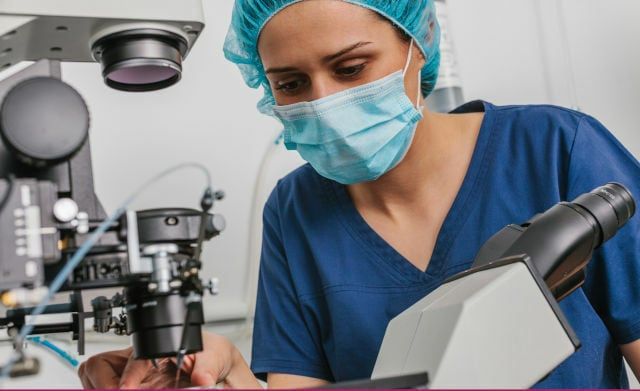ERA (Endometrial Receptivity Analysis)
ERA is an innovative test that helps pinpoint the exact time when your endometrium is receptive to embryo implanting. This test may help improve chances of pregnancy for those with repeated failed IVF.
ERA involves taking a small sample (biopsy) of endometrial cells at a particular times in your cycle. Cells in the endometrium produce certain types of genetic material during the window of implantation (WOI). An ERA can identify when endometrial cells are “Receptive” or “Nonreceptive”. We can then time your embryo transfer to the most optimal time to maximize chance of achieving pregnancy.
EndomeTRIO (ERA, EMMA, ALICE)
EndomeTRIO is a series of tests including ERA - described in the section above - and two additional tests: ALICE and EMMA.
ALICE: Analysis of Infectious Chronic Endometriosis
ALICE detects chronic endometritis-causing bacteria and recommends appropriate antibiotics. Endometritis is a condition affecting 30% of infertile patients that is linked to implantation failure and recurrent miscarriages.
EMMA: Endometrial Microbiome Metagenomic Analysis
EMMA provides information on the proportions of healthy endometrial bacteria, including those linked to higher pregnancy rates. It will recommend antibiotic and probiotic treatment, if needed, to restore an optimal microbiome. This is done in conjunction with ALICE.





